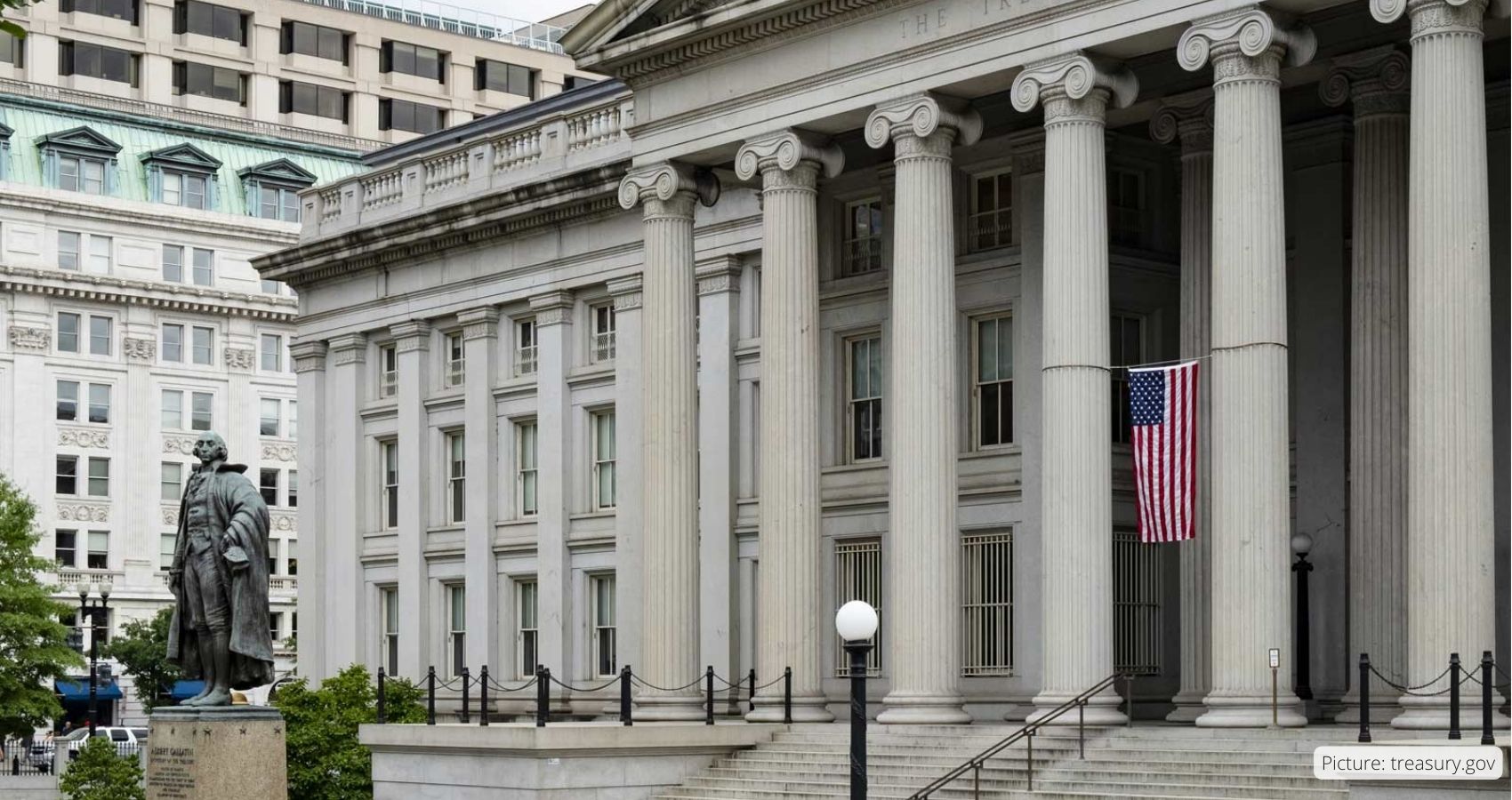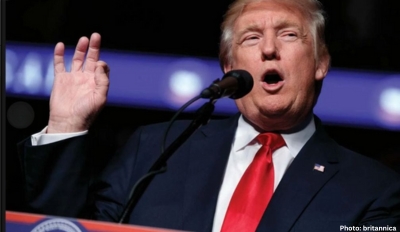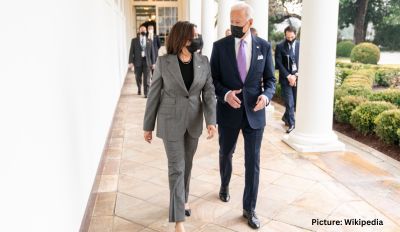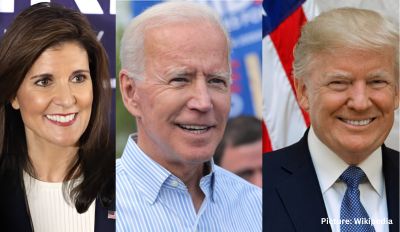The Treasury Department has taken a significant step by imposing sanctions on the manufacturer of spyware utilized to target government officials, journalists, and activists. This move marks the first instance of imposing sanctions against sellers of commercial spyware, indicating a shift in discouraging the misuse of such surveillance tools.
In a statement, Under Secretary of the Treasury for Terrorism and Financial Intelligence Brian E. Nelson emphasized the importance of these actions in deterring the improper use of commercial surveillance tools. He stated, “Today’s actions represent a tangible step forward in discouraging the misuse of commercial surveillance tools, which increasingly present a security risk to the United States and our citizens.”
The sanctions specifically target two individuals and five entities associated with Intellexa, a Greece-based spyware vendor, for their involvement in the development, operation, and distribution of commercial spyware technology. This technology has been utilized to target various groups, including policy experts, journalists, human rights activists, and government officials.
This move by the Treasury Department represents the first time the U.S. has sanctioned a commercial spyware entity. Commercial spyware has been under scrutiny due to its ability to collect data, access contact lists, and record information without the user’s knowledge or consent.
The sanctions imposed prevent U.S. companies and residents from engaging in business with the listed entities and individuals, which include Intellexa founder Tal Jonathan Dilian and Sara Aleksandra Fayssal Hamou, a manager within the consortium.
The Predator software developed by Intellexa Consortium has been sold to multiple governments globally, with customers paying millions of dollars for its use, according to documents disclosed by Amnesty International in 2022.
These sanctions come in the wake of President Biden’s executive order issued last March, which prohibited the use of commercial spyware within the federal government. Nelson reiterated the commitment of the United States to establish clear boundaries for the responsible development and use of such technologies while safeguarding the human rights and civil liberties of individuals worldwide. He stated, “The United States remains focused on establishing clear guardrails for the responsible development and use of these technologies while also ensuring the protection of human rights and civil liberties of individuals around the world.”











